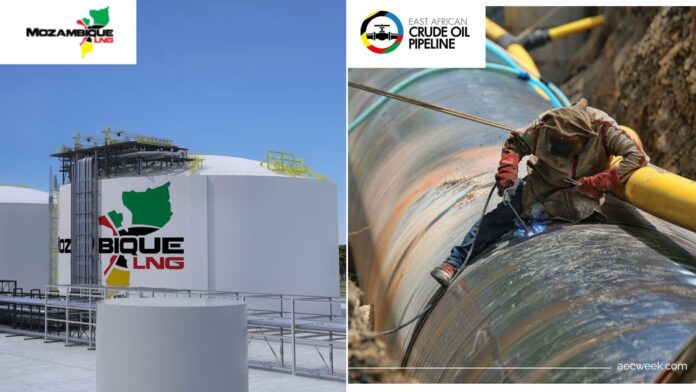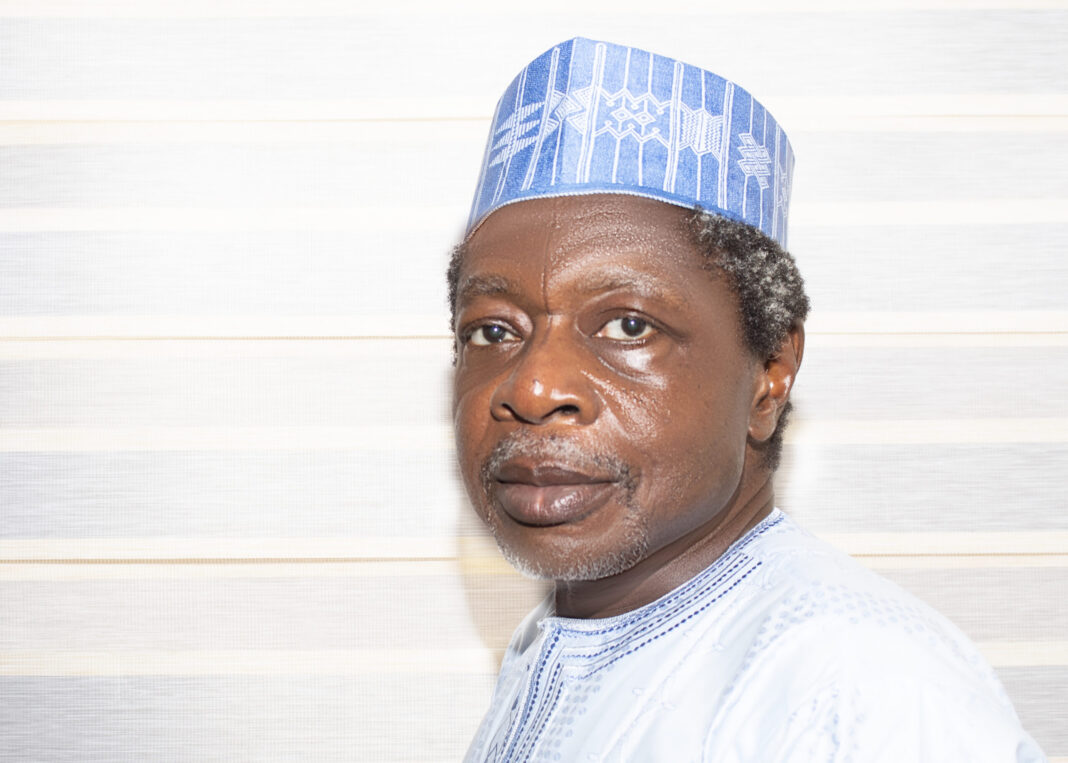Historically, oil and gas projects are known to experience delays ranging from 5% to 20% of the project duration owing to project complexity, significant capital requirements and the multi-faceted nature of developments. In 2023, oil and gas projects across Africa are experiencing even further delays, a trend which is detailed in the African Energy Chamber’s (AEC) recent market-focused report, The State of African Energy Q1, 2023 Outlook. The report paints a telling picture of the challenges facing the industry and the impacts these delays could have.
Procrastination: The Foe of Progress
According to the report, delays from discovery to final investment decision (FID) to development kick-off have increased, leading to revenue losses due to deferred production, increased costs for contractors, and essentially lack of progress. This trend mimics Parkinson’s Law of Delay, an observation that work will expand to fill the time allocated to it. In this scenario, procrastination is the ultimate foe of progress and productivity, and unless delays are addressed, Africa will not be able to unlock the full potential of its oil and gas.
Despite their significance, a number of large-scale projects are experiencing a lull. These include the Mozambique liquefied natural gas project which has experienced multiple delays due to security concerns. Developed by TotalEnergies, the project was originally scheduled to start production in 2024 (FID was secured in 2019) but the start-up is now delayed to the late-2020s due to the declaration of force majeure by TotalEnergies. Additionally, the East African Crude Oil Pipeline – which will transport crude oil from Uganda to Tanzania for export – has been delayed due to financing challenges and environmental opposition. The project, which is being developed by TotalEnergies and other partners, was initially expected to start operating in 2020 but is now expected to come online in 2025. In Nigeria, several offshore oil projects have experienced delays due to security concerns, regulatory issues, and technical challenges. For example, the TotalEnergies-developed Egina oil field, saw a 12-month halt due to issues related to local content requirements and delays in the delivery of key components. Meanwhile, sizeable natural gas volumes discovered in Ethiopia in the 1970–1980s are yet to see FID, with project delays extending decades.
However, there are several successful stories such as the Jubilee field off the coast of Ghana, which has been in production since 2010 and has had a significant positive impact on the country’s economy. Another example is Egypt’s Zohr gas field, which has been in production since 2017, and Angola’s Kaombo, which has been producing since 2018. These countries have experienced relatively few delays in their projects and are now enjoying the benefits of their successful development. Unless other O&G projects are developed with the same urgency, Africa’s production forecast will see a downturn.
Start-ups Critical for Long-Term Output
According to the AEC’s report, the currently producing fields, both liquids and gas, are in terminal decline due to depleting reservoirs. Infill drilling or redevelopment programs on these fields, which involve brownfield spending, may only temporarily stabilize the decline in production. Liquids output from these fields is expected to decline from 7.66 MMbbls/d in 2023 to 6.85 MMbbls/d in 2025 and 4.7 MMbbls/d in 2030. The average annual production decline rate is 8% through 2025-2030 and a higher 10% through 2031-2040. Any further delays or shelving of future start-ups can be catastrophic to Africa’s hydrocarbon output. Although short-term (2023-2025) start-ups are expected to have little impact on the forecast, the medium-term (2026-2030) and long-term (2030+) start-ups are expected to drive a revival in Africa’s liquids output. The good news is that the overall impact of delayed start-ups is short-lived, and the total liquids output from Africa is expected to ramp up to about 8.4 MMbbls/d in 2036.
Similarly, regarding gas production, the decline in producing fields, though terminal, is not as steep as liquids-producing fields. The short-term start-ups are estimated to account for 10% of the total output by 2025, but the share from the currently producing fields is expected to drop to 50% by 2031 and further to about a quarter of the total output by 2040. The long-term start-ups are estimated to add up to a third of the total output by 2035 and half of the total output by 2037-2038, and this share is only expected to increase going forward.
Capital Flows to Africa’s Deepwaters
Governments are already considering project delays and the issues caused, both economically for the countries dependent on hydrocarbon exports and domestically for countries looking to diversify the energy sector. Efforts have been made to address these issues, such as Nigeria passing the Petroleum Industry Act resulting in new production-sharing contracts signed with supermajors. As such, investment is seeing a gradual surge, and Africa’s deepwater prospects are gaining attention.
Due to the fact that most of the untapped O&G are currently located in deep waters off the coast of Africa, the majority of future investment is expected to be directed towards the deep offshore. By 2025, it is projected that 45% of the estimated $24 billion greenfield spending will be in deepwater projects, and by 2030, it is estimated to increase to over 50%. This trend is expected to continue, with over 55% of the estimated $64.5 billion total spending in 2035 projected to be spent on deepwater projects. Of the estimated $775 billion total greenfield spending between 2023 and 2040, approximately 48% is expected to be spent on deepwater projects.
Some notable deepwater projects in Africa include the Greater Tortue Ahmeyim (GTA), Yakaar–Teranga, Bir Allah, and Orca projects offshore Senegal-Mauritania as well as the Pecan project offshore Ghana; the Brulpadda and Luiperd gas fields offshore South Africa; and the recently discovered Graff, Venus and Jonker finds offshore Namibia. These deepwater projects are significant in terms of reserves and cost, making them major drivers of O&G spending. Given the importance of these projects for Africa’s production forecast, both governments and operators must prioritize securing funding for their development.
The AEC’s State of African Energy Q1, 2023 Outlook provides a comprehensive overview of the state of play of Africa’s O&G projects, highlighting the urgent need to advance collaboration, investment and development. Time is of the essence, and missing this opportunity could result in a significant development gap between Africa and the rest of the world. However, with accelerated projects, it is still possible for Africa to utilize its resources while adhering to global climate targets. In this context, AEC Executive Chairman NJ Ayuk’s slogan, “Drill baby Drill!” holds a palatable meaning. Let us work together to prevent project delays and drive environmentally-sound developments so that Africa benefits from its O&G resources.
By Gawie Kanjemba




